Apple is not expected to respond to the claims until later this week, according to The Guardian. It also revealed that about a dozen total iOS developers have been issued the legal threats from Lodsys.
According to the report, Apple's legal department is "actively investigating" the claims made by Lodsys. The patent owner seeks payment from developers that utilize Apple's in-app payment systems for transactions in iPhone, iPad and iPod touch software available on the App Store.
Lodsys spoke out on the issue this weekend with a series of posts on the company's official website. It revealed that Apple is licensed to offer in-app purchases, but argued that developers must also pay for the right to use Apple's service.
Though no official legal action has been taken, developers began receiving letters from Lodsys last week, accusing them of patent infringement. Those developers were given 21 days to license the technology related to in-app purchases.
Lodsys seeks 0.575 percent of U.S. revenue covering the period of the notice letter to the expiration of the patent, plus applicable usage. The company noted that would amount to $5,750 per year for an application that makes $1 million in annual sales.
The threats are based on U.S. Patent No. 7222078, entitled "Methods and Systems for Gathering Information from Units of a Commodity Across a Network." The patent dates back through continuations to earlier applications as old as 1992 and is credited to Dan Abelow, but is now owned by Lodsys.
Developers are anxiously awaiting Apple's response, as it is the iPhone maker's iOS mobile operating system that includes the built-in tools for in-app purchases. The transaction method debuted in 2009 as part of iOS 3.0, and allows users to purchase additional content or software add-ons from within an iPhone or iPad application, without the need to exit and access the App Store.
Just like traditional App Store purchases, in-app purchases are charged by Apple to a user's iTunes account, connected with a credit card. Apple takes a 30 percent cut of all transactions made through the App Store or via in-app purchases.
 Sam Oliver
Sam Oliver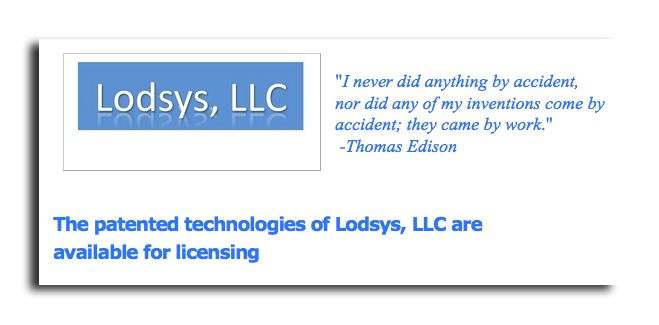
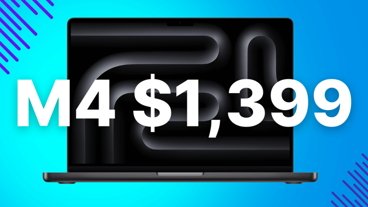






-m.jpg)






 Christine McKee
Christine McKee
 Malcolm Owen
Malcolm Owen

 Sponsored Content
Sponsored Content

 Amber Neely
Amber Neely

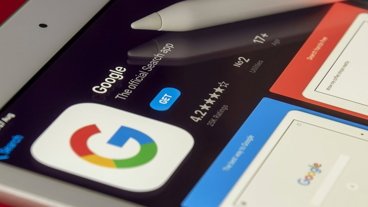
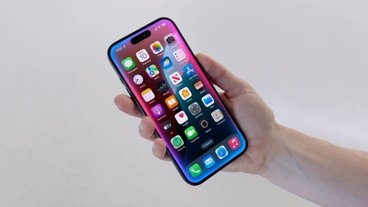
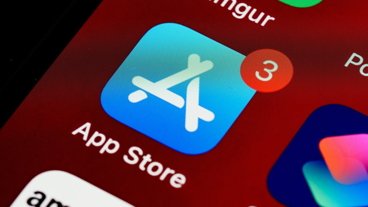







12 Comments
Thank you, Apple.
Oh, the sheer irony of the Edison quote on display by Lodsys! I'm sure it's lost on them.
Pretty classless to go after the iOS developers directly without trying to work it out with Apple first.
The patent abstract: "In an exemplary system, information is received at a central location from different units of a commodity. The information is generated from two-way local interactions between users of the different units of the commodity and a user interface in the different units of the commodity. The interactions elicit from respective users their perceptions of the commodity."
Now, the patent itself throws in everything it can think of in nearly 70 claims, but the patent itself seems to be primarily about a distributed ratings system, and not about a system of in-application purchases and upgrades.
As such, Apple would seem to have a good chance at getting it tossed out as not being applicable.
Regardless, Apple needs to throw a "pro bono" million-dollar legal defense team at each case and drown the suckers in legal fees, and then hit the "company" with it's own lawsuit. (Notice, however, how each "company" was setup simply to engage in a lawsuit. No assets.)
This kind of thing needs to get slapped down, and hard, or otherwise every Troll, Dick, and Harry with a vague patent is going to attempt the same thing.
Frankly, I think the FBI should be called in. Using this patent to extort money for in-app purchasing is in my opinion inter-state fraud.